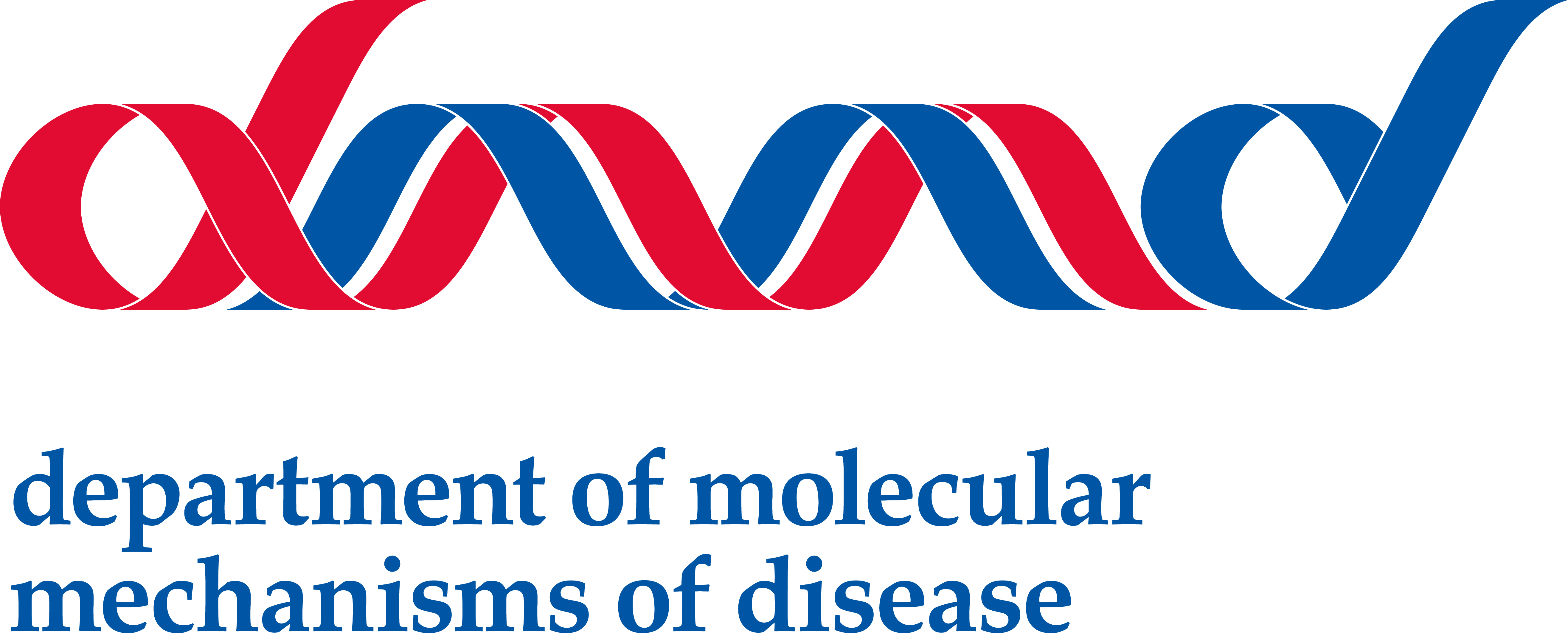News
News list
-
-
-
The Dutch Research Council (NOW) awarded a 2 year Rubicon grant to Dr. Yannick Kok for his project DNA repair: wrong place, wrong time
-
Award Ceremony and Lectures Dr. Ernst Th. Jucker Preis 2019/2020 for Important Contributions to Cancer Research
-
The project of the MSRU “Human-Horse Interaction” was awarded the “Prize for Educational Innovations” ”from the Hans-Peter Frey Foundation
-
-
Scott Finlay PhD and Salim Darwiche PhD awarded first prize for best investor pitch, presenting their marketable product for cartilage repair
-
Congratulations to SNSF Prof. Dr. Matthias Altmeyer for being appointed Associate Professor
-
Congratulations to Prof.em. Dr. Brigitte von Rechenberg for obtaining ORS 2020 Women’s Leadership Forum Award
-
-
-
-
-
-
-
-
-
-
-
Mass spectrometry method provides first view of stress-induced extracellular protein modification in cells and tissues
-
-
-
-
-
Article in UZH Magazin about Matthias Altmeyer on his work "Krebszellen im Burnout"
-
-
-
UZH press release on the work of Santoro and Cinelli groups on stem cell pluripotency in Nature Cell Biology
-
-
-
-
-
Dr. Sandra Frommel from the Santoro group receives Jahrespreis of the Vetsuisse Faculty
-
Group van Loon publishes on the impact of ribonucleotide incorporation on DNA base excision repair in Nature Communications
-
Dr. Barbara van Loon appointed to Associate Professor position at the Norwegian University for Science and Technology
-
-
Group Hottiger publishes on identification of genome-wide chromatin ADP-riboslyation in Molecular Cell
-
Group Altmeyer publishes on intracellular phase separation in Nature Communications
-
-
-
-
Group Santoro publishes major study on predictive marker of prostate cancer recurrence in Nature Genetics
-
-
